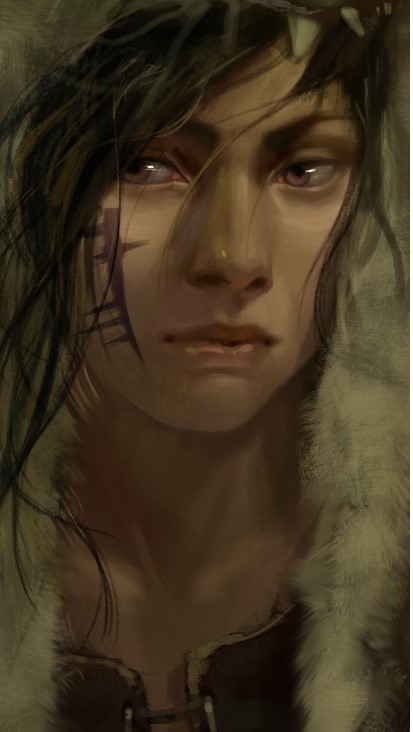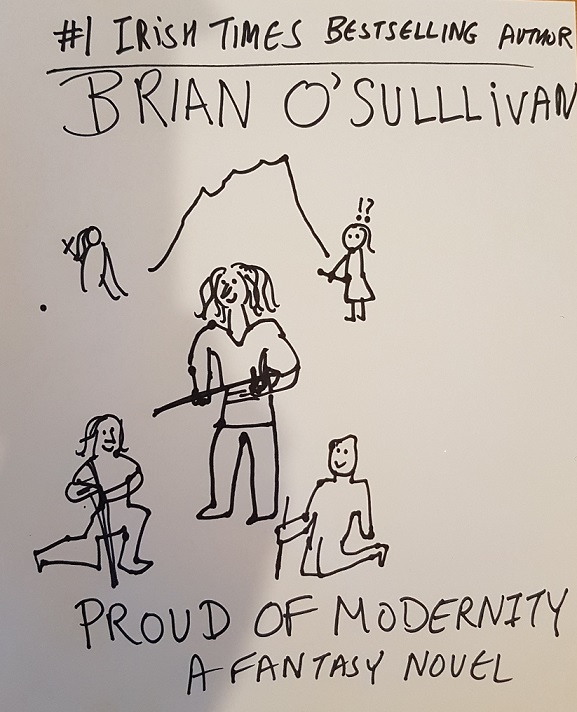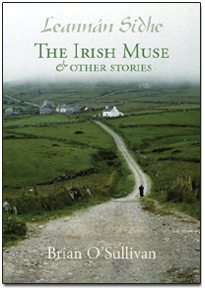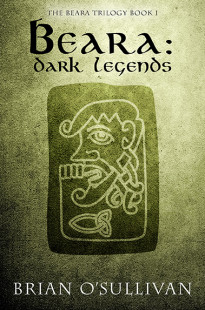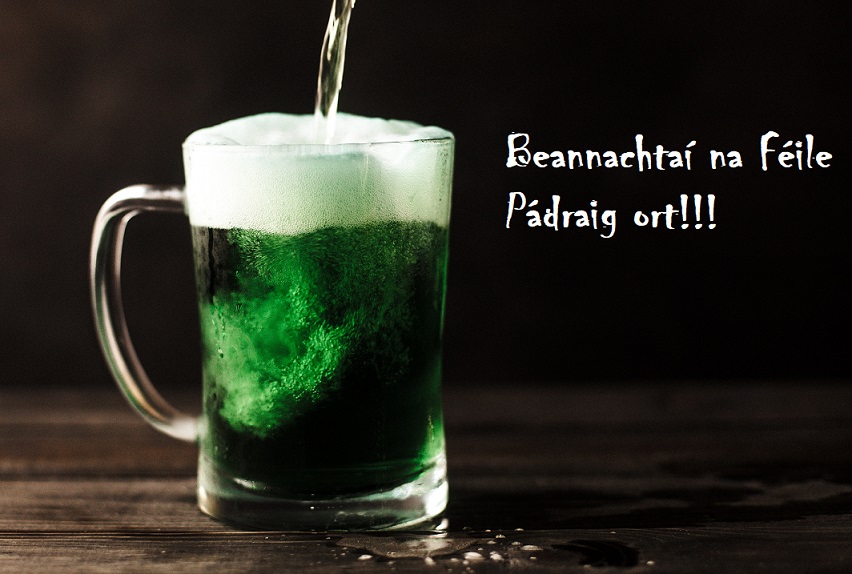
About twenty years ago when people first started wishing me a ‘Happy Saint Paddy’s Day’, I felt a bit left-footed and unsure how to respond. Back then, most Irish people didn’t really use that expression as Saint Patrick’s Day wasn’t really a celebration you ‘wished happiness’ to someone for and, in English, the term sounded wrong and clunky. When you look at the Irish form of celebrating the event you can really see why.
Beannachtaí na Féile Pádraig ort.
Beannachtaí na Féile Pádraig ort (literally “the Blessings of St Patrick’s Day on you”) is very much an Irish/Gaelic way of thinking. When you think in Irish, emotions are generally ‘on’ you so when you offer blessings, you offer then ‘on’ someone (in the same way you’d wish happiness on them). Emotions in an English sense of speaking is generally more static or more a state of being (‘I’m happy, I’m sad’ instead of ‘Happiness is on me, sadness is on me,’ etc.)
The first time I was wished a happy St Paddy’s, I’d just emigrated from Ireland. In my own head the construct felt wrong. At the same time, because I’m fluent in English and exposed to media and influence from English-speaking countries, I also understood what was meant. It was just a bit … odd. I experienced the same thing many times over the following years but it was really only a few years ago that I finally understood what was happening out of sight and at a far deeper, cultural level.
But first some context:
For a lot of people growing up in Ireland in the seventies and eighties, St Patrick’s Day was much more of a religious festival, sober and a bit up-tight, dominated by an extended St Paddy’s Day Mass and alleviated only by the prospect of a parade (a sea of black umbrellas, sodden kids up on a truck with paper maché castles that were melting in the rain!). Occasionally, on television, we’d see stories about giant parades in the States where some cities made the rivers run green for the day and the parades themselves ran like giant Hollywood productions. In our eyes, they seemed oddly surreal, disconnected from what we were living in Ireland and, in some ways, weirdly plastic.
Up to the early 1990s, the main ‘foreign’ influence on Irish culture (in terms of language, entertainment, employment options, sales markets, etc.) was undoubtably Great Britain, although this was tempered to a degree due to the animosity between both countries over that period. With improved international transportation, increased international sales of media entertainment (and later, the internet and social media) other diverse influences and ways of thinking came to the fore. From that point on, you could say that Irish culture and society started to become more influenced by American influence (particularly television and other media, etc.) to the point where today, some Irish people are more familiar with certain aspects of American life than their own.
Other influencers, were the first, second, third (etc.) descendants of Irish people living overseas who, on days of significance (like St Patrick’s day) were understandably keen to engage with the culture/country they felt affiliated to. Some of them, keener to embrace Irish culture than others, took a step further and make an effort to engage in the Irish language. That’s why online today you’ll find a lot of people who use the following version of the blessing/greeting:
Lá Fhéile Pádraig Sona Duit!
Literally, of course, this means ‘Happy St Patrick’s Day to you’, although the Irish/Gaelic cultural intent /context has been soundly replaced by an English/American cultural context (it’s simply an extension of the ‘Happy Birthday’, Happy Mother’s Day, Happy Christmas structure). It’s a very little thing but it does demonstrate how Irish/Gaelic cultural concepts – the things that make us different and unique in the world – are slowly being eroded.
To be fair, it’s also important to recognise that no culture is static. All cultures evolve as they’re exposed to outside influences and Irish culture is no exception. No-one wants to be part of a culture that doesn’t adapt with the times because such cultures risk being erased by other, more dominant, cultures. Ireland certainly was in that situation for a very long time but, fortunately, seems to have taken on new confidence over the last few decades.
The downside of that ‘non-static’ argument of course, is that if one culture dominates, then that removes any ability for diversity and, longer term, innovation. The Blue Mink’s misguided “Great Big Melting Pot” would have essentially removed any form of individual ethnic or cultural variety, reduced the world to a uniform and very bland way of thinking and living.
If you’d like to ‘stick it to the man’ and make a small gesture for genuine Irish/ Gaelic concepts, then this St Paddy’s why not raise your glass and bless everyone there with a heartfelt Beannachtaí na Féile Pádraig ort! instead.
[Note: In celebration of the day that’s in it, Irish Imbas is having the usual St Paddy’s Day sale on 17th March (Saturday). If you’re interested just check out the books page.



